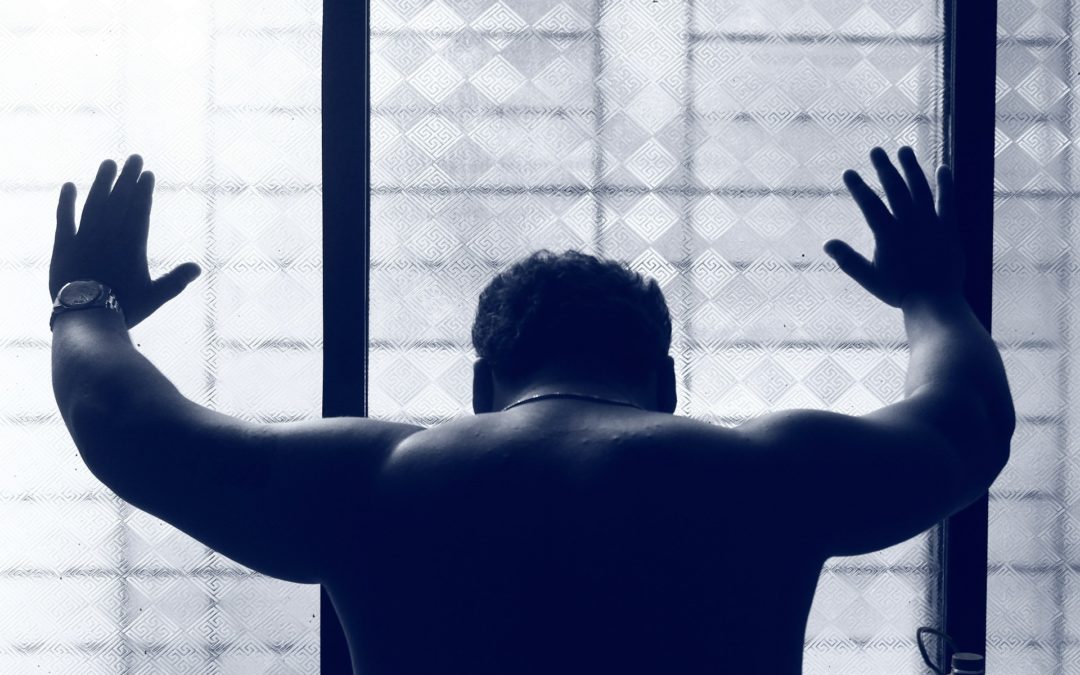For a body to be healthy, you need about 7 to 9 hours of sleep a day. This is the time your body rests and repairs itself. Your brain, while you sleep, gets rid of the toxins you have accumulated throughout the day. Without enough sleep, the brain gets foggy and signals do not transmit as well as it should. Decision making becomes impaired. This will affect business decisions and rationality. Everything seems to be failing. Does staying up late cause depression, true or false?
An already murky mind brought about by a lack of sleep can be further upset when the night grows darker. A lack of light outside can make for more anxious thoughts. More worries. A person settling in for the night preparing for sleep tend to have more time to think. Which for some means more time to worry. When negative thoughts enter and stay, it becomes a sort of ritual. Think, worry, agonise. Some say when depressive thoughts enter, they seldom leave easily. In fact, when a person approaches a professional about depression or anxiety, the first questions would always include sleeping habits and if they get enough of it.
Studies have come up with data to back it up saying that staying up late is associated with depression among teens. A heavy school workload and worrying can keep a person up half the night. Even if sleep does come, it may be disrupted and not at all restful because the worry continues. Without sleep the brain will shut down. Lack of sleep causes the brain to overtax itself and not do a proper reset. Normal functions decrease and the brain performs at a slower rate. One of th ose affected by it are reasoning and reaction times. Also hormones that can lead to slower metabolism. So weight gain can be the outcome which can also cause depression.
ose affected by it are reasoning and reaction times. Also hormones that can lead to slower metabolism. So weight gain can be the outcome which can also cause depression.
It becomes a cycle then. Worrying and anxiety lead to sleeplessness. Lack of sleep causes overthinking and worrying. A steady diet of which makes for more depressive thoughts and may lead to depression.





